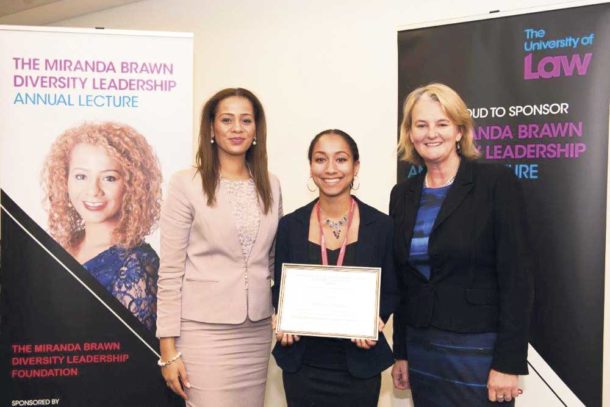
Lambeth council has set out how it will start to implement proposals from s report on tackling inequality in the borough.
It is the 44th most deprived out of 326 in England; the ninth most deprived borough in London; 31% of its population live in areas of high deprivation; and one third of Lambeth families with children are on benefits.
Much of the deprivation is concentrated in the Brixton area. Some 80% of the population of Coldharbour ward live in areas ranked among the 20% most deprived in England.
The Lambeth Equality Commission, set up by the council, published a report in July that made a series of wide-ranging recommendations – from education to policing – to tackle these problems. It laid out how the council and its partners – including the Mayor of London, national government and the whole community – could take action to break down the barriers that hold people back.
Recommendations include Lambeth employers all paying the London Living Wage, having private firms establish a “corporate apprenticeship scheme” to help groups who have been excluded from the jobs market and to increase black and minority ethnic and disabled leadership roles.
The report also said that the “implementation of the recommendations should be a key priority for the organisation for the next 12-18 months”.
At a council meeting on 2 October, the recommendations were endorsed and a plan to make sure they are implemented was agreed. Specific areas have been identified for immediate reaction and a full prioritisation plan is being put together, Isabelle Clement, a member of the commission and director of Wheels for Wellbeing told the Bugle.
The priority items, which include tackling low pay and poor working conditions, have been assigned to everyone on the commission to help action the points. “I am particularly impressed with the commitment to addressing the huge gap we identified in the council’s understanding of the issues faced by disabled people in this borough,” Clement said.
“I will be taking a very close interest and will work with others to shape this review, to ensure that disabled people themselves are involved and heard and to ensure that it leads to real, concrete change for disabled citizens in Lambeth.”

Another commissioner, barrister and business woman Dr Miranda Brawn, said she would be working with the council leadership teams to help improve workplace diversity. “We have already started this process by awarding a young ethnic minority person from Lambeth with a Miranda Brawn diversity leadership iranda Brawn diversity leadership
scholarship. The award includes £500 funding, work experience at Lambeth Council and one year mentoring with a top leader,” she said.
Council leader Lib Peck, who chaired the commission, said she wanted get a report that could actually be implemented. “The recommendations are many and varied; they also look at recommendations that we’d want to present to government, the Mayor of London, public sector partners and the community and that we as a council would want to get our own house in order.” Cllr Sonia Winifred, who will oversee the implementation of the recommendations, said monitoring what happens “must be robust” and ensure people are held to account.






